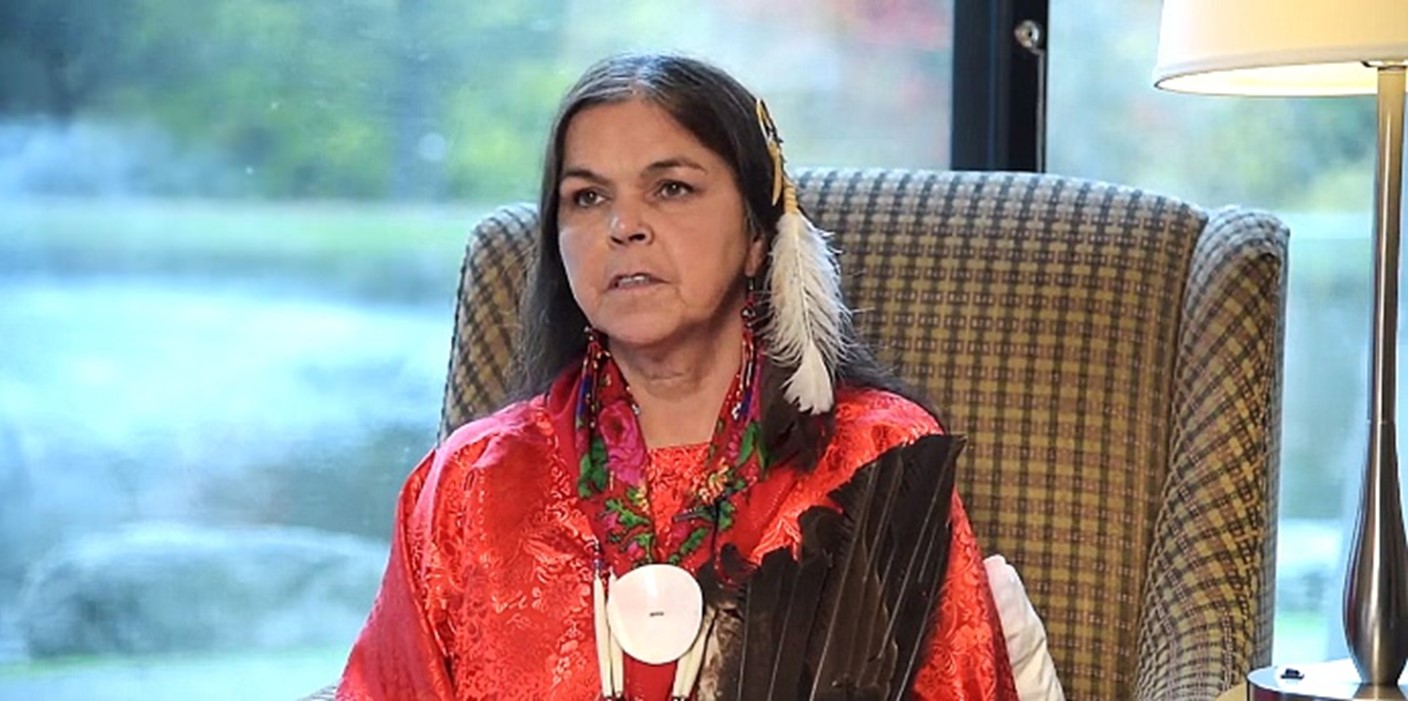World Water Day serves as a reminder of how significant it is for the NWMO to understand those essential voices to protect our waterways – something we all share and will continue to do so for many generations.
So how does water work, and what is it telling us?
The water we interact with day-to-day – the water that we drink, the water that rains down on us – is governed by the water cycle. Water evaporates, rises into the atmosphere, and rains back down, renewing the cycle. Most of this takes place above, on, and just below the surface.
The NWMO is doing extensive work to better understand water deep underground at potential repository sites.
We are studying the water and rock deep underground at potential sites to confirm that water at this depth is old and has remained isolated from the surface for long periods of time. We need to listen and learn from the water within the rock to better understand this story of the rock and its ability to safely store used nuclear fuel.
“We are fortunate because now we have a deeper understanding of the special spiritual relationship that Indigenous communities have with the land,” said Mahrez Ben Belfadhel, Vice-President of Site Selection at the NWMO, who is retiring in April. “We also understand that this rock is not just a piece of rock like we used to think, like I used to think. This rock represents the Grandfathers. The Grandfathers have a story to tell. It is our responsibility to listen carefully, respectfully, to understand that story.”
Access to and preservation of this natural resource is particularly top-of-mind to Indigenous peoples who have travelled by and been sustained by these waters since time immemorial.
“It is also vital that the NWMO understands the special relationship that women have with water as life givers and the need for women to be involved in any work the NWMO is doing in relation to water,” said Elder Augustine.
Learning together
Drawing on this knowledge and wisdom, combined with knowledge from environmental geoscientists, international and scientific communities, and local community members in potential siting areas, is enhancing the NWMO’s understanding on how the deep geological repository project will impact water.
It is imperative that we learn from each other and work together to ensure the NWMO’s work is guided by the responsibility to protect people and the environment for future generations. The NWMO continues to work closely with all those impacted by the project and will not proceed without an informed and willing host area for our deep geological repository.
In the coming weeks, we will share more information about the specific approaches we are taking in northwestern and southern Ontario concerning water.
Happy World Water Day, everyone!

